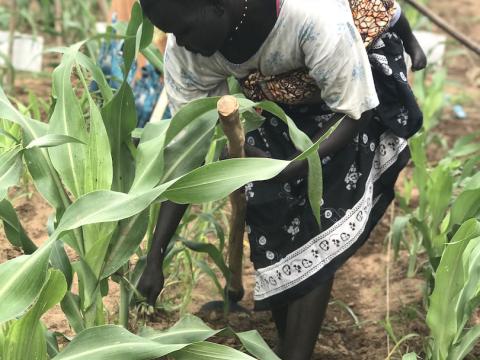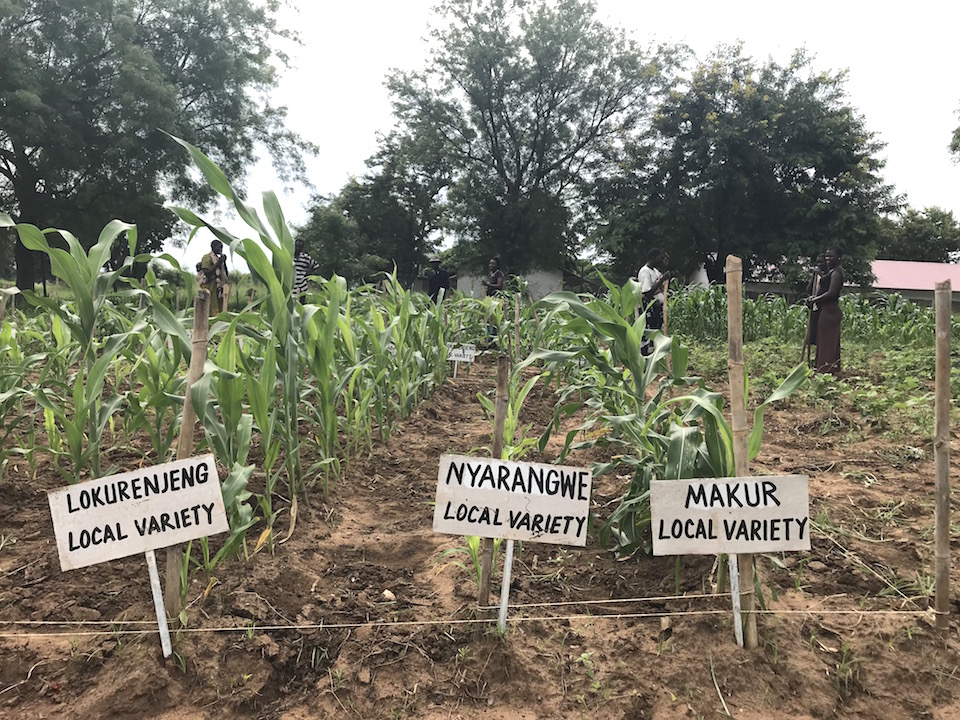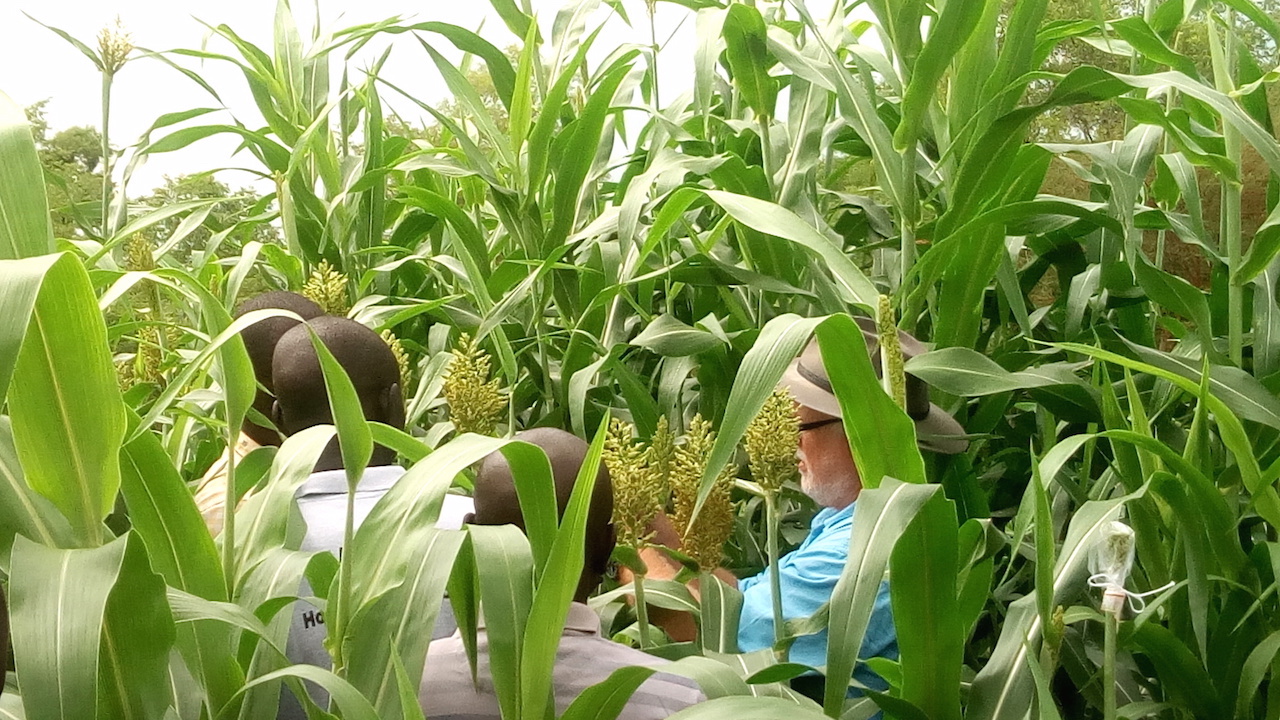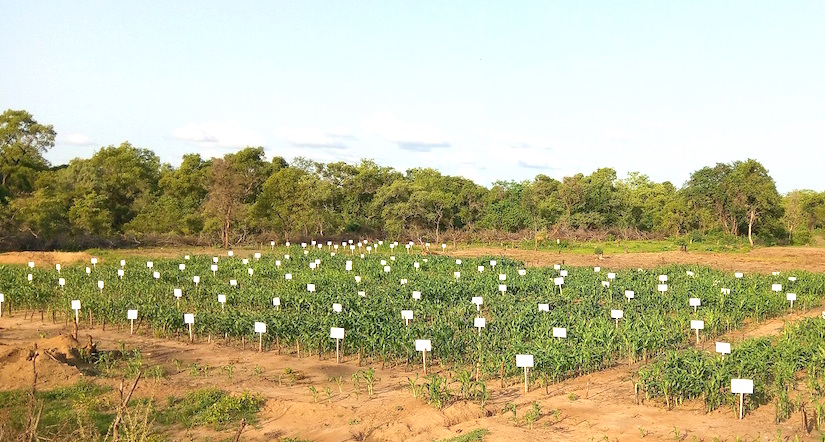Trials on farm crop varieties to benefit over 10,000 farmers in South Sudan

“I have never seen in my whole life an extensive production plan that gave me so much learning. I found out that with the use of improved quality of seeds that are suited to our areas, we can increase our harvest by three to four times higher”, says Arek Kanybil Luac, a participating farmer in Warrap State of South Sudan on his sharing during World Vision’s Farmers Field Day.
Peter Madut Amet, Gogrial State Director General for Agriculture lauded the efforts of the farmers during the field day and encouraged them to actively engage with World Vision’s adaptive trials and share what they learn with other farmers. He adds, “The only way to stop hunger and poverty in our communities it to choose the right crop variety so you can produce enough for your families’ needs."

Supported by the Australian Government through the Australia NGO Cooperation Programme (ANCP), World Vision’s Integrated Food Security and Livelihood Project aims to widen the farmers’ choices of crops varieties best suited for their communities through making tests of their adaptability. It also introduced high yield, disease-resistant and climate-smart crop varieties that included 49 for sorghum, 6 each for pearl millet and sweet potatoes.
The testing sites were in Tonj North in Warrap State, Rajaf in capital Juba and Melut in Upper Nile State. The result of the participatory adaptive trials was a tremendous success. It combined both the farmers’ observation and reflection together with field data collected as per International Crops Research Institute for the Semi-Arid Tropics (ICRASAT) standard. The results favored eight sorghum varieties, four pearl millet and five sweet potatoes and will go through final tests before wider release to the farmers.
World Vision has engaged with the Ministry of Agriculture Research Department, Juba and Wau Universities, Uganda Research Center, ICRASAT Kenya and Niger together with various food security experts. “The trials are important for the country’s agriculture as there are not enough choices of seed varieties to boost its production”, says Project Manager Berhanu Wolde. The project used a low-cost method of testing varieties available in East Africa and their suitability in South Sudan’s climate conditions.

The testing sites in the three states involved 2-3 feddans (one feddan is equivalent to 0.240 acres) and with the assistance of state and county agriculture offices, farmer field’s days and visits of 500 farmers per site were organized. Wolde adds, “One trial will take one cropping season and will require 2-3 years to confirm the new crop’s adaptability.” Once confirmed, the variety will be officially released by the National Seed Release Committee.
Participating farmers in the communities will largely improve their knowledge of agriculture production practices, their access to various farm equipment and learn more about nutrition-sensitive approaches. As an offshoot to this initiative, 400 farmers were provided with micro irrigation equipment, market linkages for 30 farmers’ groups and 2,000 households were trained on diversified agriculture production among others.
